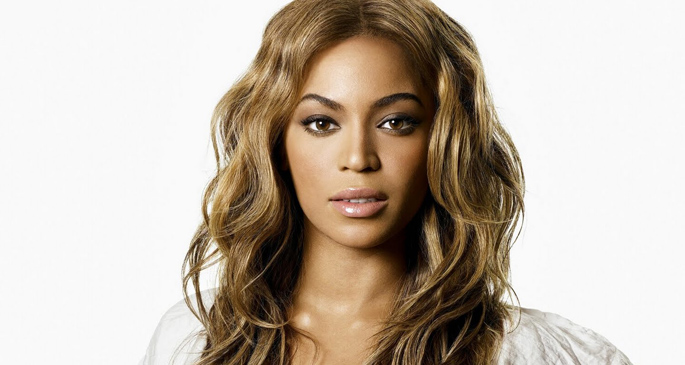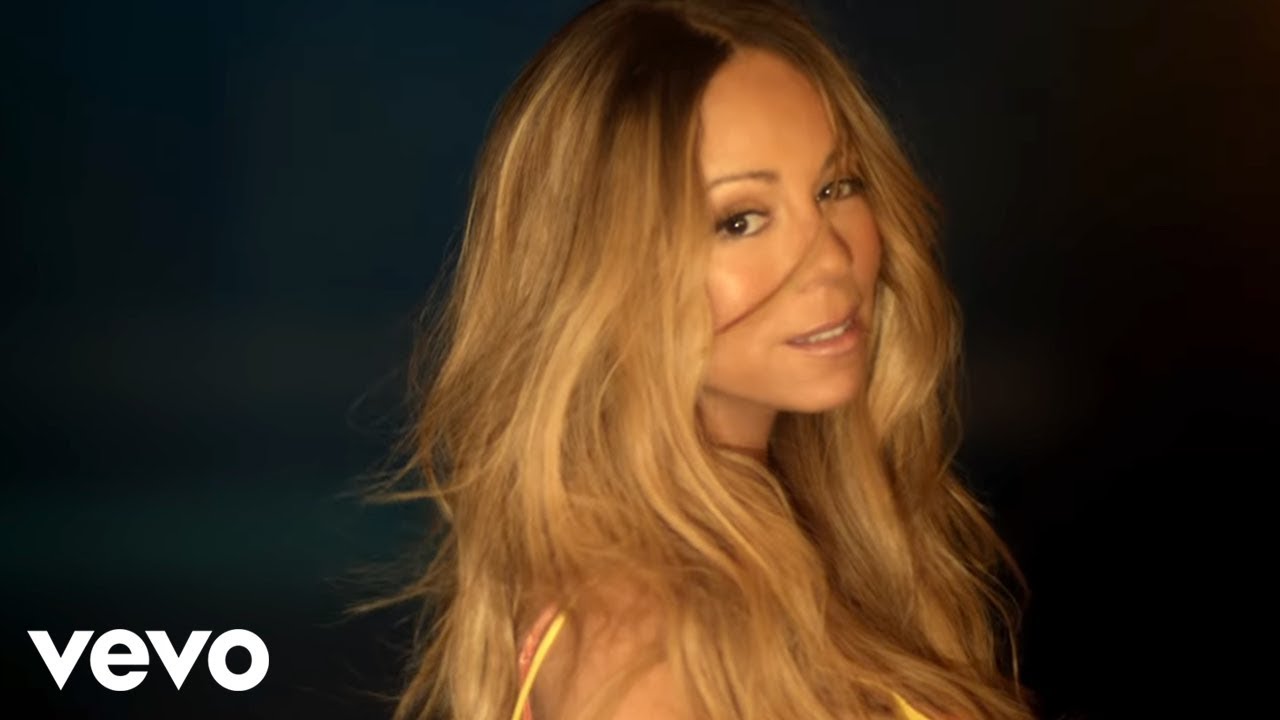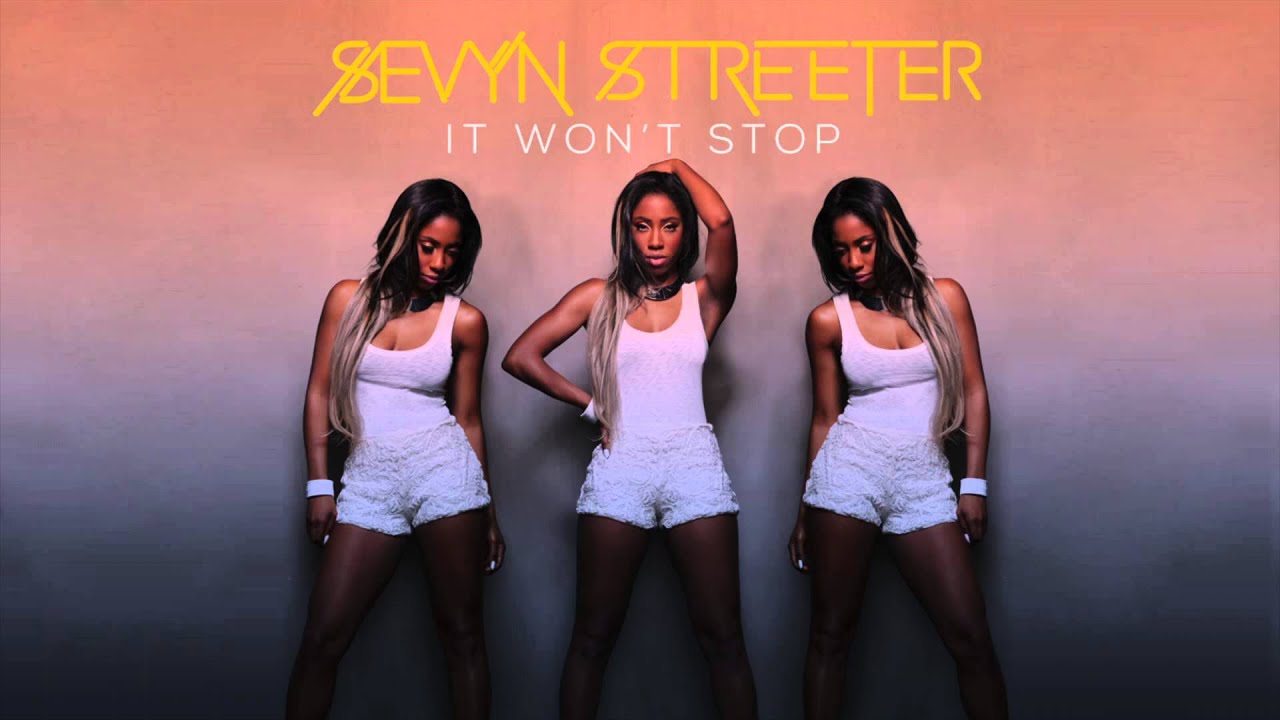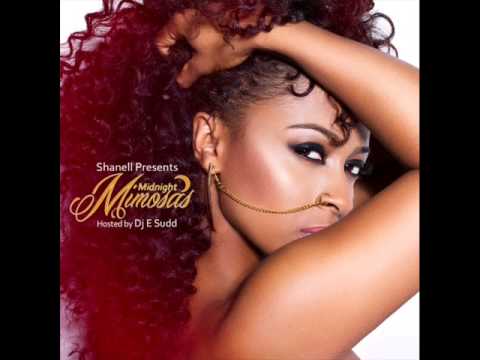In a satisfying bit of symmetry, 2013 was bookended by two of the most ambitious,
immersive R&B album-qua-albums in recent times. They came from different directions: last week, it was impossible to escape the news of Beyoncé’s surprise eponymous audiovisual tour de force, an experience I still feel I’ve only scratched the surface of. Too much
to fully take in on a cursory first listen, BEYONCÉ is a deliberate step away from the
content churn of the 24hour blog cycles that so many event albums seem designed to
feed. The pleasure is in anticipation as much as intial thrill anticipation of getting to know every corner of a work that seems more complex, deliberate and interesting the more you spend time with it and the more it gradually becomes part of your life.
Fittingly, I spent most of the year doing just that with Dawn Richard’s Goldenheart, released back in January. Like BEYONCÉ, it was a generously sprawling opus by a
former girl group singer reflecting on love, power and the self though there couldn’t have
been more of a contrast between Beyoncé, the pop megastar who could command the
world’s full attention with no warning, and Richard, the independent hustler operating on a
shoestring budget and with a team of just five. It’s appropriate, then, that BEYONCÉ is a
deeply felt meditation on satisfaction erotic, political, spiritual with Beyoncé luxuriating
in every languorous production detail and savouring every word that passes her lips.
Goldenheart, meanwhile, plunges headlong into elemental struggle: in her love-as-holy
war crusade, Richard arms herself with vivid religious and fantastical imagery and
frenetic, percussive arrangements before emerging into the free-floating serenity of the
album’s second half. BEYONCÉ concludes with well-earned sentimentality about
motherhood; Goldenheart with Richard battling to form a nation state with her love. Both
leave you reeling and breathless.
In between these standalone statements, the divergent strands of R&B continued to move away from each other. <a href="http://www.theguardian.com/music/musicblog/2013/sep/24/randbfantasiakmichelle
tamarbraxtonsoul" target="out">The formidable voices of bluecollar blues , such as Fantasia and K. Michelle, scored hit albums but gained little
critical traction: a pity, as the former’s bruised, emotive rasp and the latter’s pugnacious,
fists-up defiant confessionals both made for raw, compelling music. Fantasia can work
herself into a frenzy like few others, but the finest moments on Side Effects Of You found
her simmering with restrained menace: the icy kissoff of ‘Without Me’, the sumptuously
contemplative ‘Ain’t All Bad’. K. Michelle, on the other hand, deals in fullvolume catharsis
and if that makes those she’s singing to or about uncomfortable, all the better. Most of
her narratives take place alone just before her love arrives, or just after he’s gone and
it’s into this solitude that she sings her lust, trepidation, selfloathing and regret.
Elsewhere, though, the marauding forces of gentrification continued apace: like
overpriced cafés sprouting in your neighbourhood, every month seemed to bring a new
artist brandishing "futuristic" credentials, a reminder of the period in the turn-of-the-
century heyday of Timbaland and the Neptunes during which pop and R&B criticism
seemed to be reduced to "cool sounds: y/n?" and the performers reduced to mere ciphers
for the male producer auteurs. At least there were cool sounds back then, though:
"futurism" in 2013 seemed to amount to little more than soporific submarine synths
(several years into Noah "40" Shebib’s commercial peak), awkwardly dry rhythms and
waifvoiced Cassie copyists. As a first-generation, fully paid-up member of the Cassie cult
that
extended the mid-00s Diddy protégée’s career beyond its natural shelf life, I must
reiterate: as hypnotic as Cassie’s voice was during the magical two-year period in which
every leaked track seemed to be touched with genius, it was never going to work as a
template for wispy wannabes. As Cassie’s own mixtape demonstrated, it doesn’t even
work for her any more; the likes of Jhené Aiko and Tinashe seem reductive and
redundant. Worse still was the colonisation that accompanies gentrification: of course sad
boys such as Autre Ne Veut, Ryan Hemsworth and Cyril Hahn would gain critical plaudits,
because the state of being a sad boy is still held to be the height of artistry in the cases
of Hemsworth and Hahn, sad white boys whose gimmick was to remix black women’s
music into greyness. These people are not necessary.
Also disappointing were some of R&B’s veteran men. A revitalised D’Angelo thrilled
audiences on tour early in the year, but neither his longanticipated comeback album nor
the next instalment of Maxwell’s Blacksummer’snight trilogy have yet to emerge. Justin
Timberlake delivered two albums of tedious longueurs, shoring up his personal luxury
brand while mistaking song length for artistic depth; TheDream illustrated that genius
actually tends to be transient rather than forever, and that his own well had run dry, with
IV Play; while even before the much-needed reappraisal of R. Kelly’s crimes and history
of abuse, Black Panties seemed more like the work of a man trading on an inflated
"comic" persona than particularly strong songwriting or hooks. (Was he hoist on his own
petard? It was telling, in a disturbing way, that Kelly’s finest album of the past eight years
was 2010’s Love Letter: a defiantly traditional affair with no outlandish sex metaphors in
sight, largely ignored by critics yet it was the exaggerated lewdness of Black Panties
that renewed interest in him.)
It was a shame that the above overshadowed some of the more inventive R&B of the year
much of which emerged through lightly promoted, lowkey channels. Om’mas Keith,
onethird of LA hiphop production crew SaRa Creative Partners, gave his debut solo
album City Pulse away as a free download in January; while former Groove Theory singer
Amel Larrieux’s fifth album Ice Cream Everyday was a selfrelease through her own
Blisslife label. Both were revelatory: the former a blownout heatwave that picks up where
DâmFunk’s psychedelic funk leaves off, the latter an enrapturing trip through sideways
tilted Baduesque soul, full of strange, granular production details. If you’re after R&B that
pursues its own lane rather than relying on the usual tropes of "futuristic" positioning, it’s
these albums and their engrossing, constantly surprising twists and turns you need.
ALBUMS
1. Beyoncé - BEYONCÉ
2. Dawn Richard - Goldenheart
3. Ariana Grande - Yours Truly
4. K. Michelle - Rebellious Soul
5. Amel Larrieux - Ice Cream Everyday
6. Ciara - Ciara
7. Fantasia - Side Effects Of You
8. Quadron - Avalanche
<a href="http://singersroom.com/content/20130130/JadeAlstonSundayMorningSingleonA
SaturdayNightPt2PREMIERE/" target="out">10. Jade Alston Sunday Morning: Single On A Saturday Night Pt. 2
TRACKS
1. Mariah Carey ft. Miguel – ‘#Beautiful’
2. Sevyn Streeter - ‘It Won’t Stop’
3. Shanell - ‘Catch Me At The Light’
4. Tiffany Evans - ‘143 (I Love You)’
5. Kelis - ‘Jerk Ribs’
6. King - ‘In The Meantime’
7. Shuanise - ‘Mercy’
8. Janelle Monáe ft. Erykah Badu - ‘Q.U.E.E.N.’
9. JoJo - ‘André’
10. Melanie Fiona - ‘Cold Piece’






